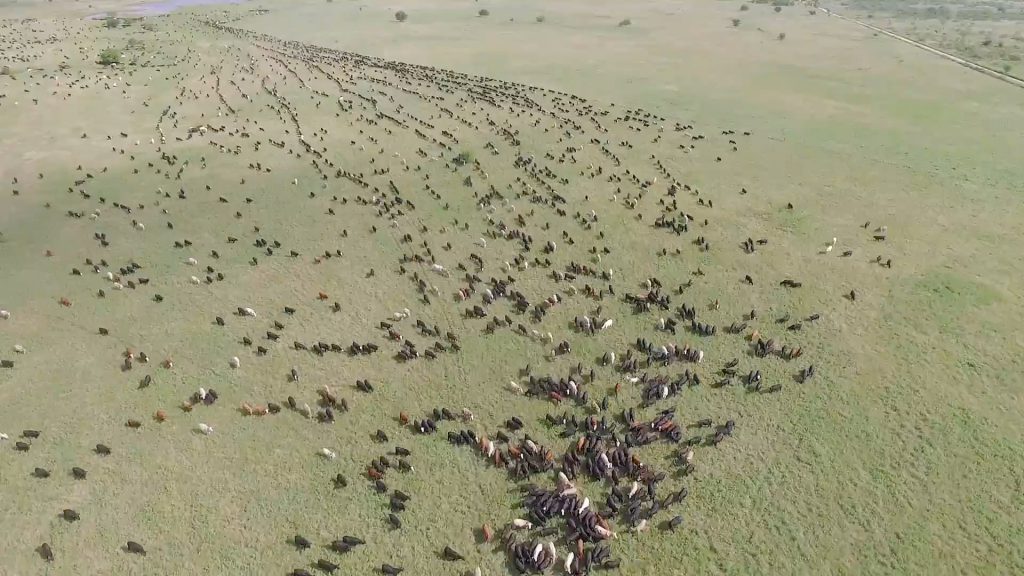This paper was published in 2008. Texas A&M range scientist David Briske and several academic colleagues concluded that planned grazing is ineffective and has been disproved as a grazing method, and that low-density set-stocking, which means keeping fewer cattle in one place all the time, is the best grazing method.
The paper reaches seven basic conclusions:
- In spite of overwhelming evidence to the contrary, rotational grazing continues to be promoted as the only viable grazing strategy.
- Continuation of costly experiments under conventional protocols will yield little additional information.
- Continuous grazing produced better plants in 87 percent of the studies, compared to rotational grazing.
- Animal performance was better under continuous grazing in 92 percent of the studies compared to rotational.
- Several effective strategies exist, but none have the unique properties that makes it more ecologically effective.
- Different outcomes are dependent on management.
- Advocacy for any form of rotational grazing is based on subjective perception and anecdotal interpretation.
I read the studies on which Briske relied. We corresponded about these. Of the studies he used to support his conclusions, not a single one tested planned grazing. They tested what are known as ‘short-duration grazing-rotational’ systems (SDG’s).
SDG rotational systems are not holistic planned grazing.
This error of mistaking SDG’s as planned grazing is common among conventional range scientists and their confusion unfortunately is imbedded in their literature and recommended practices, even though their conclusions have been disproven by later peer-reviewed research that did in fact test planned grazing. Flawed range science—often citing this paper—continues to be taught as fact in most of our wildlife and agriculture programs and relied on by agencies as their professionals determine how to manage land and advise others to manage land.
Meanwhile, worldwide acceptance of planned grazing is accelerating as ranchers’ on-the-ground results confirm its effectiveness. This illustrates the gulf between researcher theory and real world experience, and, why holistic ranchers must go outside the university-agency community to find methods to improve rangeland and wildlife that are based on sound science. Hundreds of posts on this blog cover the subject.
“Who are you going to believe, me or your own eyes?” ….Groucho Marx

